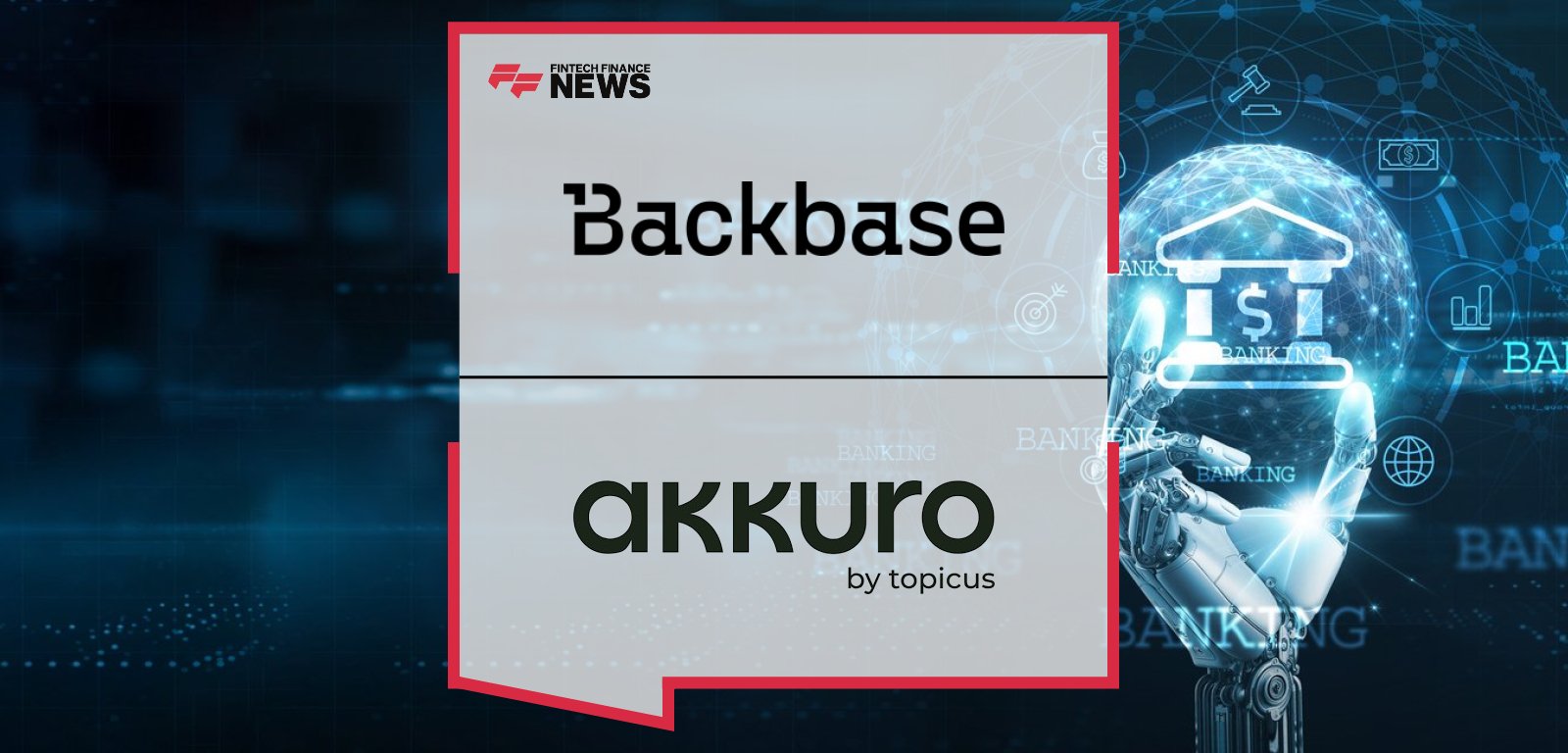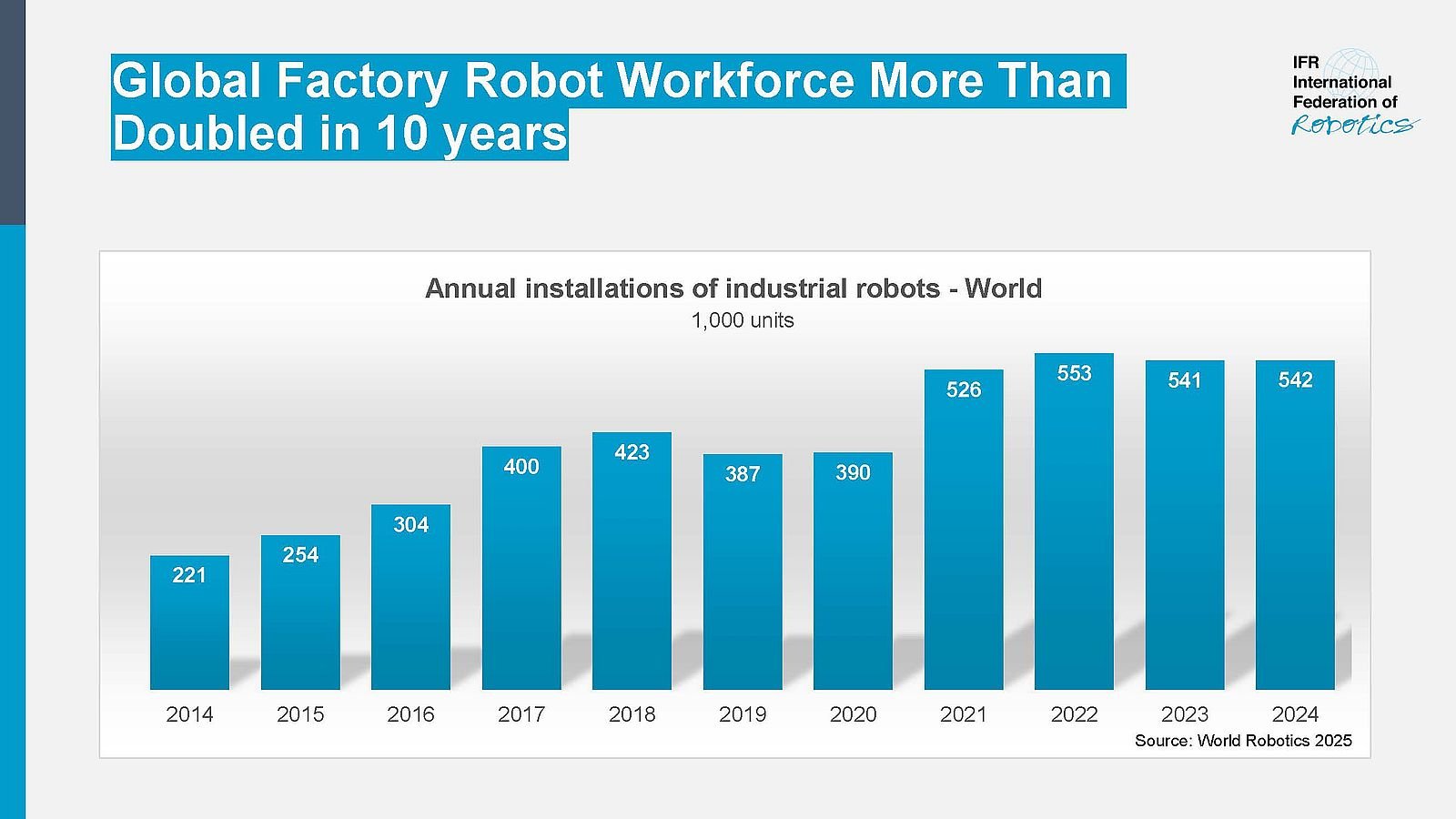The People’s Vanguard: Kawa Junad, Founder of Iraq’s First Digital Bank on Why He Refuses to be Led by Trends
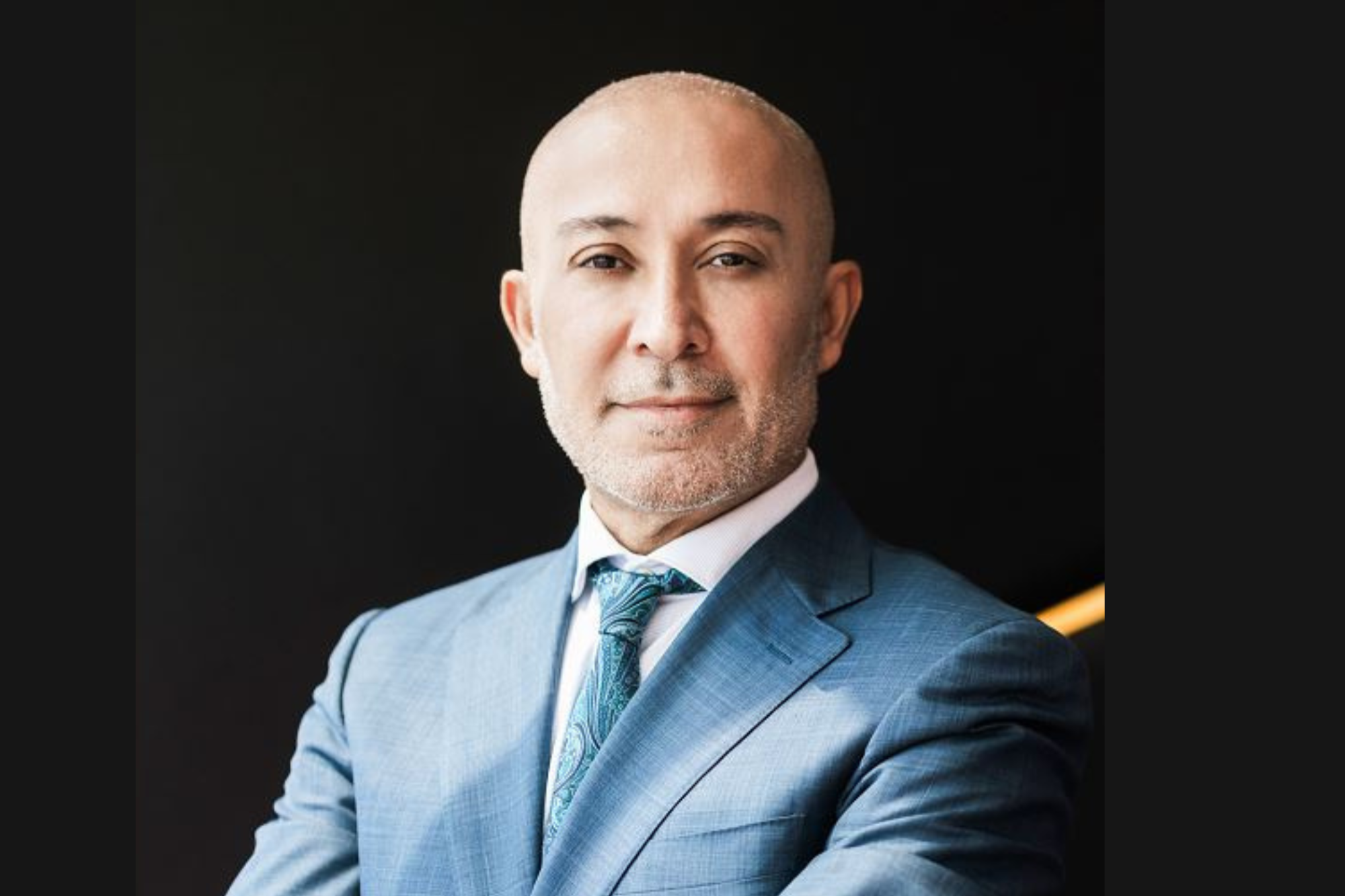
Opinions expressed by Entrepreneur contributors are their own.
You’re reading Entrepreneur Middle East, an international franchise of Entrepreneur Media.
Much before Kawa Junad became known as the founder of Iraq’s first digital bank, First Iraqi Bank (FIB), he had another “first” associated with his name: in 2007, when Iraq was still operating on 2G networks, he launched the country’s first 4G LTE services platform, Fastlink. Then, through his company Newroz Telecom, he also established the first direct connection between Iraq and the international fiber network, which went on to be recognized as the Middle East’s first advanced 4G LTE network. “When I first entered telecommunications in the early 2000s, Iraq’s infrastructure had been devastated,” Junad recalls. “Internet penetration was around 1%, and most of the country relied on outdated or unreliable connections. Many people thought modern connectivity in Iraq was impossible. But, as an entrepreneur, I saw the potential and pushed ahead. I invested my own money in satellite phones, giving many Iraqis their first access to a reliable international calling service. We built the first interconnection between Iraq and the global fiber network through Turkey, and then launched the first 4G LTE network in the country. It wasn’t just a technological leap — it allowed Iraq to skip an entire generation of telecom development, moving from 2G straight to 4G. That decision to bypass legacy systems was risky, but it kept us ahead of competitors and proved transformative. It played a major role in economic and social growth, giving people access to information, communication, and new opportunities.”
This feat, however, did not mark Junad’s foray into telecommunications, or indeed the world of business itself. “One of my earliest projects, long before mobile networks and digital banking, was opening telephone service centers in Iraq,” he shares. “At the time, there were no landlines or personal connections, so these centers became lifelines — places where people could come and make calls to loved ones abroad. That experience showed me how even small steps in communication technology could completely change lives. After relocating to the UK in the mid-1990s, my very first job was exporting goods to Iraq. It was far from glamorous, but it gave me clarity. It showed me that routine work without impact was not for me. I wanted to build, to innovate, and to solve problems at scale — and that realization pushed me firmly toward entrepreneurship.”
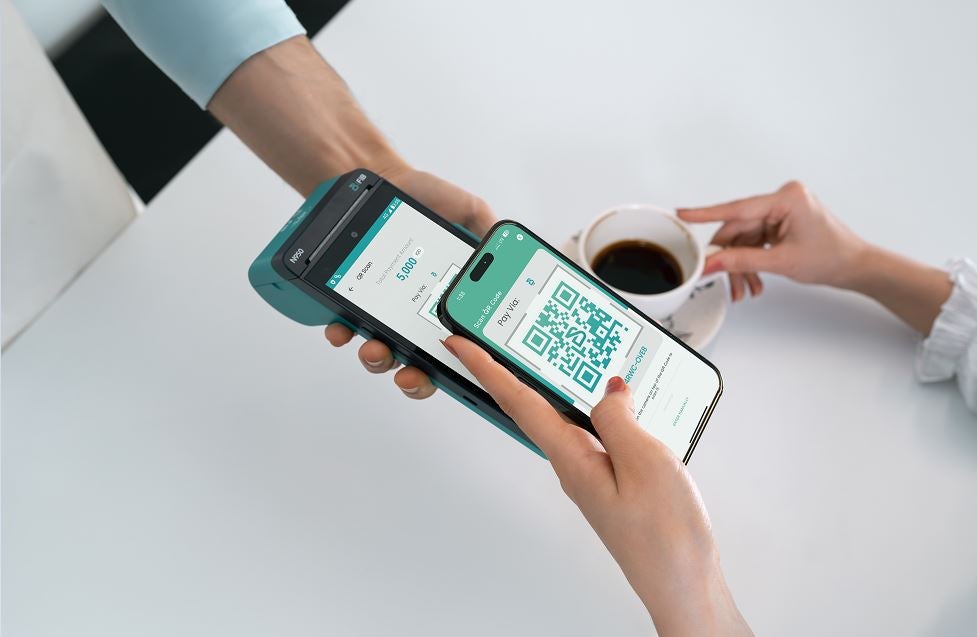
By 2016, having already played a pivotal role in transforming Iraq’s telecommunications landscape, Junad had found his next project—and another “first” in his career: Iraq’s first mobile wallet, FastPay, which offered a simple, safe, and fast way to transact digitally. “The move into fintech came from observing a painful reality: Iraq was — and still largely is — a cash-based society,” Junad says. “Millions of people were excluded from formal financial services. But the success of FastPay showed us how hungry people were for modern financial solutions. That was actually the foundation for First Iraqi Bank. FastPay addressed payments, but Iraq also needed a full-fledged digital bank that could issue IBANs, enable cross-border transactions, and provide a wider ecosystem of services. That’s how First Iraqi Bank was born.”
Indeed, while FastPay offered Junad a foot in the door, it was the launch of First Iraqi Bank in 2020 that brought to fruition his vision to create a full-fledged financial ecosystem for Iraq. “Iraq doesn’t just need another bank– it needs an entire ecosystem that connects people, businesses, and institutions,” Junad explains. “A neobank typically offers limited digital services on top of existing financial infrastructure. FIB was built differently — we integrated compliance, payments, mobile-first solutions, and cross-border capabilities into one platform. For many Iraqis, FIB is not just their first digital bank account, but their first ever bank account. That comes with a responsibility to go beyond transactions, to offer financial literacy, digital trust, and broader access. We also work with businesses and government ministries, digitizing everything from salary disbursements to vendor payments. By supporting individuals, enterprises, and institutions alike, FIB’s ecosystem helps across all aspects of the economy — from household finances to national digital transformation.”
For FIB to thus successfully help transition Iraq from a cash-dependent society to a digital-first economy, Junad notes that financial inclusivity will be a key area of focus. “Today, customers can open accounts remotely using advanced biometric technology — including selfie identification and facial recognition — that links directly to national ID systems,” he says. “But beyond simplifying onboarding, we have invested heavily in awareness campaigns and digital literacy programs. Our app is available in Arabic, Kurdish, and English, with interfaces designed for first-time users. We’ve also partnered with government institutions to digitize salary payments, which brings millions of public-sector workers into the digital ecosystem. And we continue to expand merchant networks, so people can use FIB in their daily lives — from paying bills to shopping to sending money to relatives.”
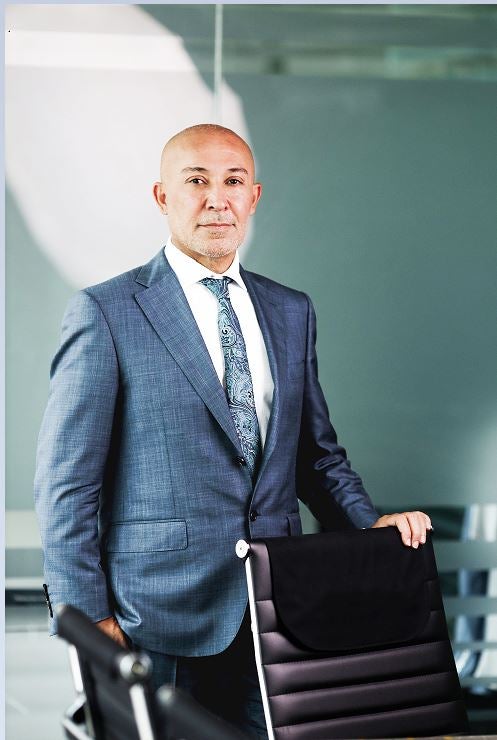
Having been at the forefront of so many pioneering ideas, Junad makes his endeavors seem effortless. But he quickly quells any such notion. “Iraq has never been an easy place to innovate — whether in telecoms or finance — but I have always believed that challenges are opportunities in disguise,” he says. “My guiding principle has been to build for the future, not just for today. It is important to keep up with modernity when it comes to technology, because it advances quickly. Skipping generations and legacy systems carries risks, but it pays off and keeps you ahead of competitors. That’s exactly what we did in Iraq by leaping from 2G to 4G directly. And I must say — Iraqi citizens themselves are advanced and willing to learn new things. It is their drive and willpower that push me forward, even in the toughest of times.”
Junad’s determination to do better for the sake of his people, however, isn’t a newfound sentiment. “I grew up in Dohuk in the Iraqi Kurdistan region– it was the 1980s, the country was at war, and it was a time of great difficulty,” he says. “Those early years shaped my perspective — I saw firsthand how lack of infrastructure held back opportunities for an entire generation. When I later migrated to the UK and became exposed to powerful technologies that allowed for seamless communication, I knew immediately: this is what Iraq needs. That conviction became the foundation for my career. From a young age, I leaned towards science and technology because I saw them as tools to rebuild and advance society.”
It is that mindset that has continued to dictate Junad’s decision-making, even as global digital trends seek quick results and quicker idea iterations. “It’s very easy to get distracted by “the next big thing” in technology, but my vision has always been rooted in relevance and impact,” Junad asserts. “I ask one question before investing in any innovation: Will this improve the lives of people in Iraq and beyond? For example, it wasn’t enough to just build 4G networks — we had to make them accessible and affordable. Similarly, with financial technology, it wasn’t enough to launch digital products; we had to ensure people trusted them and could use them in their everyday lives. That focus on practical, human-centered impact has kept me grounded while embracing global tech trends.”
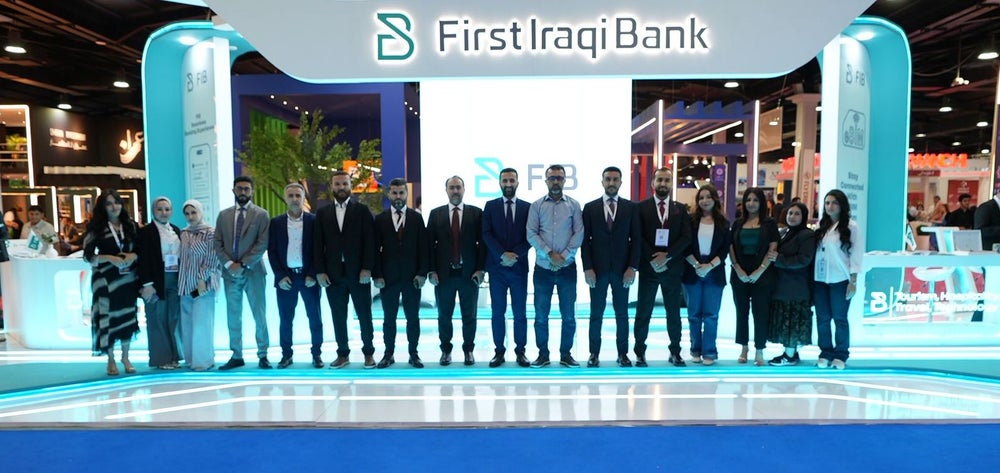
Today, with FIB having been operational for a little over five years already, Junad has been able to witness more closely how his concerted, people-first efforts have paid off yet again. “There are countless moments that remind me why we built FIB, but two stories in particular stay with me,” he says. “Once, one of my FIB employees was at a market and overheard a small child begging her mother for toys. The mother gently replied, “Honey, I’m sorry, I don’t have money.” The girl immediately replied, “That’s okay, Mom, you have FIB.” Hearing that made me smile — for her, FIB wasn’t just a bank, it was something that gave her family a source of possibilities. My colleague was so touched that he bought the toys himself.”
The second anecdote is more personal, says Junad. “A close friend of mine, living overseas, once faced a family emergency in Iraq,” Junad shares. “His relatives needed urgent medical treatment, and in the past, sending funds would have been a long and stressful process. But with FIB, he was able to transfer money instantly, and that speed quite literally saved a life. And beyond these individual stories, what I love seeing is how small business owners are using FIB to accept digital payments for the first time. They can track their income, manage their expenses, and feel more in control of their businesses. For them, it’s not just about new technology — it’s about real opportunities to grow.”
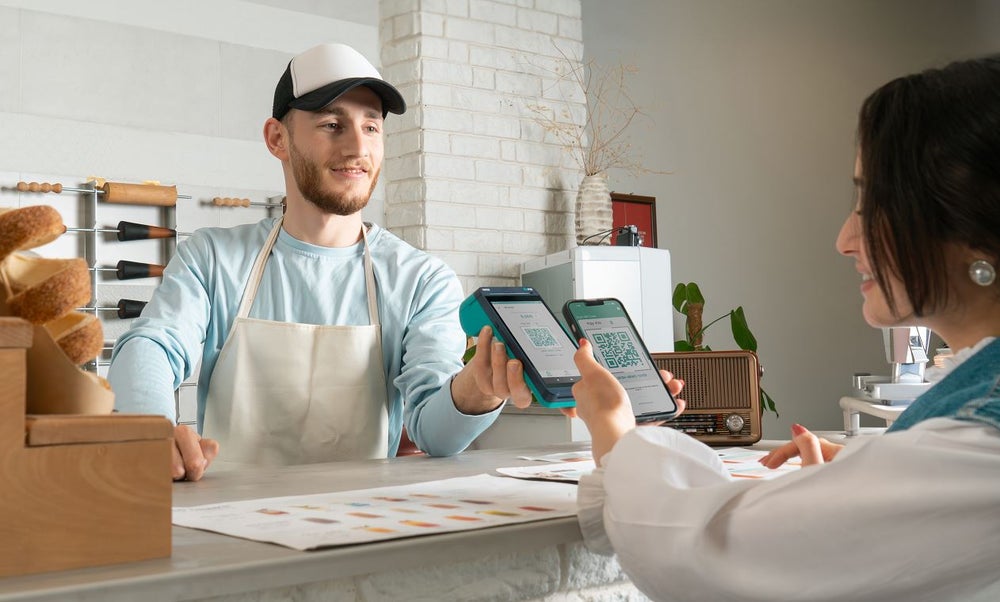
Having thus solidified FIB’s impact, Junad now hopes to take the bank’s services beyond the borders of Iraq. “For FIB, the next chapter is international,” Junad declares. “We’ve already started expanding our digital infrastructure beyond Iraq, and we envision FIB as a cross-border fintech enabler across the region. Just as FIB has been leading in both services and technology in Iraq, the Gulf has been doing the same within the international financial context. Partnering with or moving into the GCC is a natural extension of what we’ve been doing since inception. We love working with partners who natively push the technological limits to provide a better experience for their customers, and we look forward to doing the same abroad.”
“As for myself, I remain committed to building solutions for the future — whether in fintech, telecom, or new frontiers yet to be defined,” he adds, on an ending note. “I also dedicate more of my time to philanthropy, particularly in education and digital literacy, because the future we are building needs empowered people as much as it needs advanced technology.”
link





